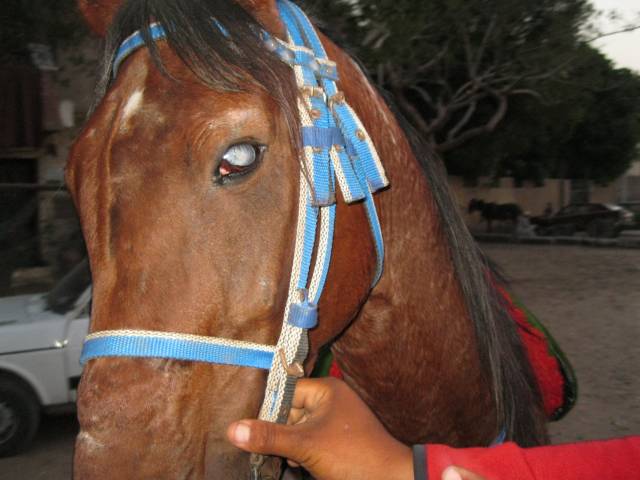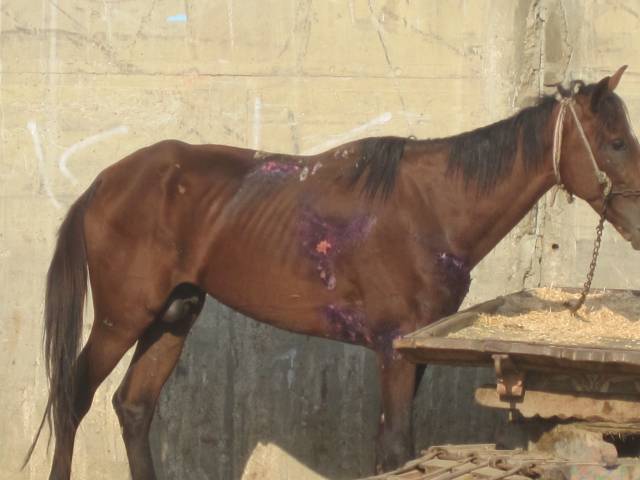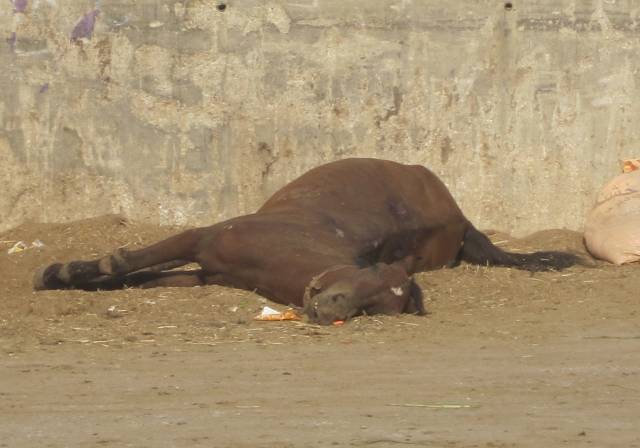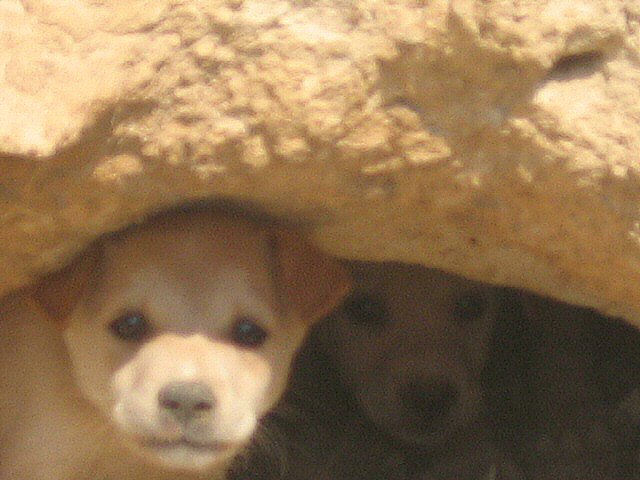|

First Objective...
It has been witnessed, recorded and recognised there is a high incidence of poor animal treatment at Giza; especially in the handling of camel and horse stock to serve tourists. The Giza Foundation will address the need to demonstrate the benefit of good animal husbandry and the humane treatment of all animals encountered at Giza.
This will be achieved through the surveying and gathering of evidence to establish a datum point for improvement.
Collaboration will be sought with other professional and non professional bodies, along with the public and others working in this field, to determine and deliver an educational plan of action. This will aim to educate and motivate toward better practice for animal owners; their users and for animal life in general. Positive support will be sought with authoritative bodies having similar responsibility.
Public disclosure and education will be achieved through interactive website publication and through a developed programme of positive interaction with all concerned with a view to promoting better practice. International public presentations will be sought whenever prudent and possible.
A Modern Snapshot
Are you one of the millions of tourists who have visited Cairo, Egypt, and the Giza Plateau.
Are you one of the tourists who have enjoyed a Camel or Horse ride into the desert or over the plateau.
How many of you handed money to take a trophy photograph with a horse, camel, goat, dog, or cat.
How many spare an extra thought for the animals when the tourists go home.
How many have visited the hidden parts of the Giza village at the end of the day, when the saddles are removed to reveal the wounds and sores; when some exhausted and beaten animals finally receive water and food!
How many of you have witnessed as we have, when a horse was too tired to even respond,
and then dropped dead from the final whipping!
Is this too uncomfortable for you to read ? We are sorry - but see below. It is reality!
We have witnessed far worse, and if it stirs a compassion within you, even if you have never been to Egypt, you will read every part of this site... and then vow to help us in any way you can in our efforts to educate for a better way in future.
The way it is happening right now is just not good enough!


A View Beyond the Camera
We have been priviliged to meet with true stable owners who tend magnificent animals, but even this is let down when the tourists go home and young men and children race these horses at full whip and gallop along the hard main road of the village.
We have been out to restricted desert roads, where owners who are too poor to do otherwise have dumped their dead animals off at the side of the road to rot. We have seen this.
We have studied the dog packs which guard the plateau at night with vigour if anyone unauthorised should try and sneak about there. At best they bring the grateful guards to check the disturbance. At worst they would attack an unlucky intruder.
In the daytime under the baking sun the dogs separate and mingle singly with tourists, hoping for scraps to eat or for water to lap. If they venture too close to the guard posts where the grateful guards linger, their reward is a hurled rock to chase them away. Time is spent otherwise to escape the heat in the daytime and the cold at nightime; or to cope with the parasites and disease which appears to afflict many of them.
We have studied the cats who come and go as they please, wary of contact, scavenging the garbage thrown out to the street, diseased and neglected in many cases, and vieing for territory to fight for, or to hide away for the next litter of kittens.
We have seen the goats kept tied or confined so often, bloated and hungry from a diet of scraps and plastic, biding time until they fulfil their swollen role as generators of another generation, or as temporary meat on the hoof.
We have seen cows tethered too tight to the ground-rings to be able to lift their heads just feet from where their companions are being bloodily sectioned on the butchers slab, themselves too weak from dehydration to even respond to the action nearby.
We have seen the lines of camels after their work on the plateau, waiting forever for some indifferent masters to fetter and secure their heads low to the ground in discomfort, before finally dragging their saddles away. We have seen the bloody saddle sores also, hidden beneath the tourists comfort blankets, but treated with a whip if the animal protests too much.
We have often seen the sight of small donkeys laden with massive loads, added to by a big whip-weilding owner sitting astride the load to add to the weight, or often pulling heavy ramshackle carts that would be best pulled by a Shire horse.
We have seen small chicken holding coups where the first task of some owners is to retrieve the pecked-out carcasses of dead chickens or ducks, before throwing in whatever garbage scraps they have saved; or at the market stalls where they are either squashed inside small cages, or tethered as an advertising chicken on top of the cage.
These things and more have spurred us when possible to intervene and bring whatever comfort and compassion we are able to bring, but with a burning resolve to do 'something' more permanant to help them all.
In following pages you will read of individual stories from our own experience. Hopefully they will touch your hearts as they did for us. You will read of the glorious past connection of Egyptian people with animals. You will read of our aspirations and plans to make a difference to their humane treatment now.
The treatment of animals In Cairo and elsewhere is not all bad. But their treatment and the attitude to them is against a backdrop of former times when animals were worshiped, feted and revered. Animals now in a materialistic Egyptian society are often just an abused commodity to materialism as people struggle to survive. Animals are still important, but generally only as food; for protection; as cash providers; or for the most unlucky - as sport for ignorent children and targets for the whips of their owners.
We applaud the humane treatment of animals in Egypt by a majority and we applaud the humane work of many voluntary or sponsored Vetenary Practices. We hope to work closely with many of these in future and be able spark new initiatives in cooperation with them. For all the good practice of good owners, there are clearly flaws in a system which often places little value in the humane treatments of animals at the hands of those who know little better.

Stay with us now as we look to past associations
Return to Index for The Heritage
~~~~~~~~~~~~~~~~~~~~~~~~~~~~~~~~~~~~
Our Appeal
|